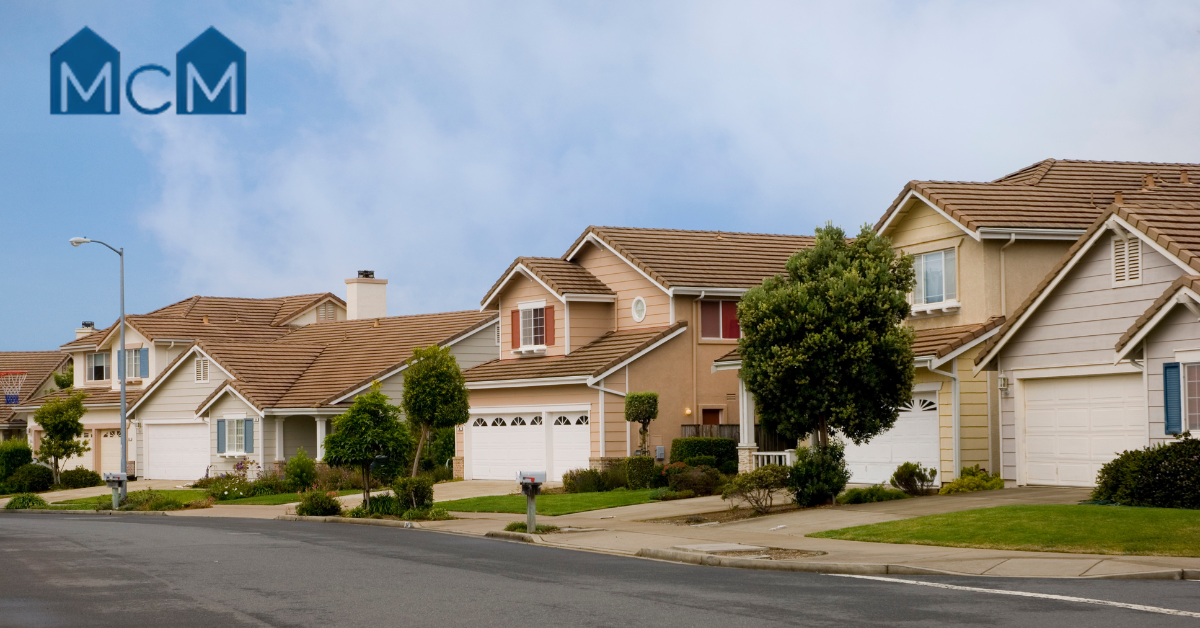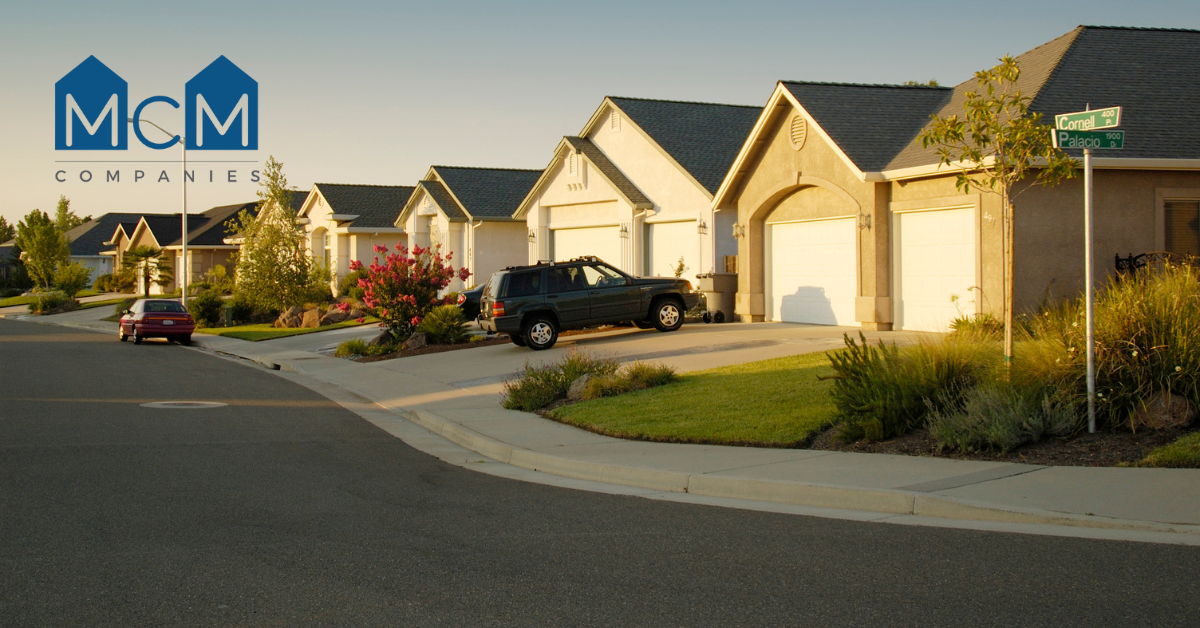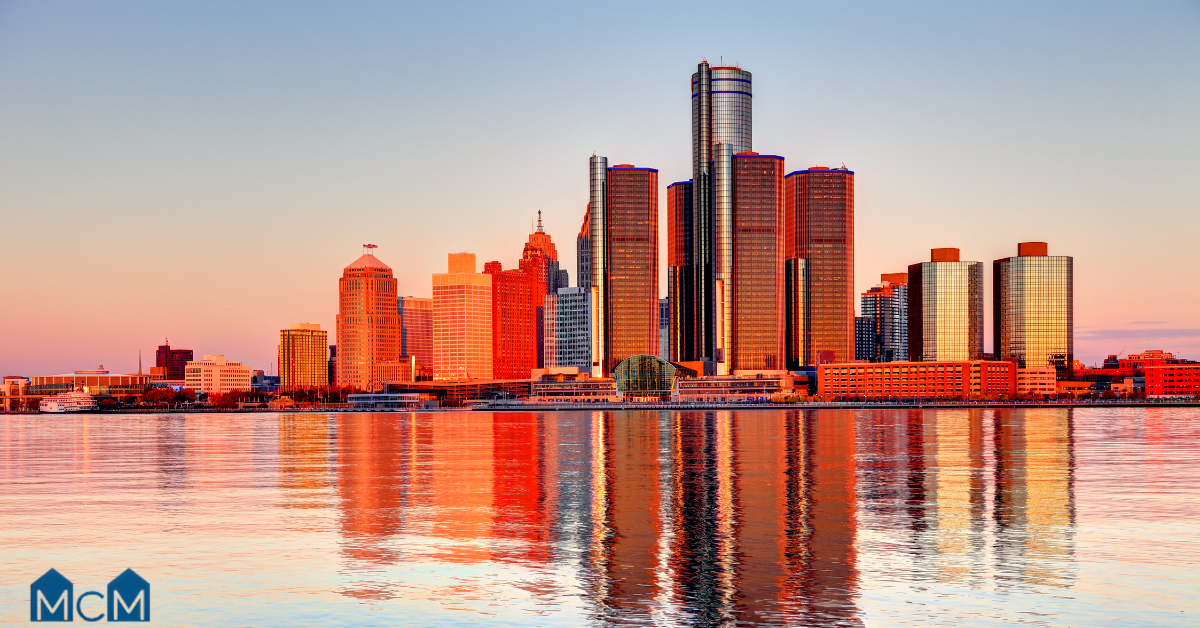Modular Homes vs. Mobile Homes vs. Manufactured Homes


The terminology surrounding factory-built housing often leads to confusion, as many buyers, lenders, and real estate professionals incorrectly use the terms "mobile," "manufactured," and "modular" homes interchangeably. Yet, each represents a unique legal, structural, and financial category.
While all are built using the efficiency of a climate-controlled factory environment, their core differences, the governing building code, have profound impacts on quality, customization, financing, and, most critically, long-term investment value.
Defining the Distinctions
To start, the term "mobile home" is now obsolete in the housing industry, referring only to residences built before June 15, 1976. These older units did not adhere to standardized federal codes and are rarely bought or sold new. The modern terms are Manufactured Home and Modular Home, and the distinction lies in regulation.
Manufactured Homes are governed by the federal HUD Code (Housing and Urban Development). This national code supersedes local building requirements, establishing a standardized baseline for safety and construction quality nationwide.
Crucially, they’re built on a non-removable steel chassis designed for transport and are typically classified as personal property unless officially detitled and permanently affixed to owned land.
Modular Homes, on the other hand, are constructed to the same local and state building codes that apply to site-built houses, such as the International Residential Code (IRC). They’re built in sections, delivered on temporary carriers, and installed on a permanent foundation, such as a basement or crawlspace, which legally makes them real property from the start.
This difference—federal HUD Code versus local IRC—is the most critical factor influencing everything from structural integrity to long-term appraisal value.
In real estate terms, real property includes both the land and any permanent structures attached to it. This classification enhances investment potential by allowing access to traditional financing options and supporting higher appreciation rates over time.
Cost, Speed, and Initial Equity
Both manufactured and modular homes offer significant cost and speed advantages over traditional construction. With up to 90% of the build completed in a factory, bulk purchasing, reduced material waste, and the absence of weather delays result in substantial savings. This information enables you to make an informed decision about your housing options.
Modular homes typically cost 10% to 20% less than site-built homes, allowing buyers to realize immediate equity. Construction timelines are significantly reduced, often from 6-12 months to 3-6 months, allowing owners to start building equity sooner.
Manufactured homes, with their efficient HUD-code construction, offer an even lower initial price, making them the most budget-friendly option for homeownership and underscoring the superior cost control of factory-built methods.
Investment Value and the Role of Real Property Classification
The long-term investment potential of factory-built homes depends mainly on how they’re classified, as real property or personal property. This classification determines eligibility for financing, taxation, and the home's appreciation over time.
Modular homes, which are permanently affixed to a foundation and classified as real property, tend to appreciate at the same rate as comparable site-built homes. They are treated as part of the real estate, making them nearly indistinguishable from traditional houses in terms of equity growth and resale value.
Manufactured homes, on the other hand, are often built on a permanent steel chassis and may not always be placed on a fixed foundation. When they remain classified as personal property, they’re typically financed differently and may experience slower appreciation, or even depreciation, over time. However, once permanently affixed to owned land and converted to real property, their investment performance can improve substantially.
Financing Shifts and the Rise of CrossMod™ Homes
Financing has long been one of the biggest hurdles for factory-built housing, but the landscape is changing. Modular homes, built to local IRC standards and classified as real property, have long enjoyed access to traditional 30-year mortgages, including Conventional, FHA, and VA loans.
Manufactured homes, by contrast, often depend on chattel loans, a type of personal property financing that carries higher interest rates and shorter terms.
To close this financial gap, the industry introduced a new category: CrossMod™ homes. These homes blend the efficiency and affordability of manufactured construction with site-built design features, such as permanent foundations, steeper roof pitches, and attached garages, that help them qualify for conventional real estate financing.
For buyers who meet the strict HUD and lender criteria, CrossMod™ homes can qualify for 30-year conventional mortgages with down payments as low as 3%. This innovation is reshaping perceptions, allowing high-quality manufactured housing to stand beside modular and site-built homes as a viable, appreciating investment.
Zoning, Aesthetics, and Future Acceptance
While modular homes have long enjoyed acceptance under local building codes, traditional manufactured homes have faced more resistance. Many communities historically restricted or banned them, often to maintain property values or preserve neighborhood aesthetics.
The emergence of CrossMod™ architecture directly addresses these concerns. These next-generation manufactured homes are designed to be visually indistinguishable from site-built homes, incorporating features like porches, dormers, garages, and varied exterior finishes. This design evolution is helping communities modernize outdated zoning policies and welcome high-quality, attainable housing options.
Recent 2025 HUD Code updates further reinforce this progress, encouraging states and local jurisdictions to streamline zoning and permitting for all forms of factory-built housing. Together, these shifts mark a new era of acceptance, where design innovation and regulation work hand in hand to expand housing opportunities nationwide.
Finding Your Foundation in the Future of Housing
The gap between modular and high-quality manufactured housing is narrowing, making both viable paths to long-term financial stability. While modular offers guaranteed conventional financing and appraisal parity, the modern CrossMod manufactured home, when permanently affixed to land, provides an unmatched affordable entry to appreciating real property.
The future of housing is built with cost control and efficiency in mind. To navigate these evolving financial and construction standards, from selecting the right home type to securing appropriate financing and finding a quality community, consider partnering with an integrated expert like MCM Communities, which specializes in both modular and manufactured housing solutions.
.svg)





